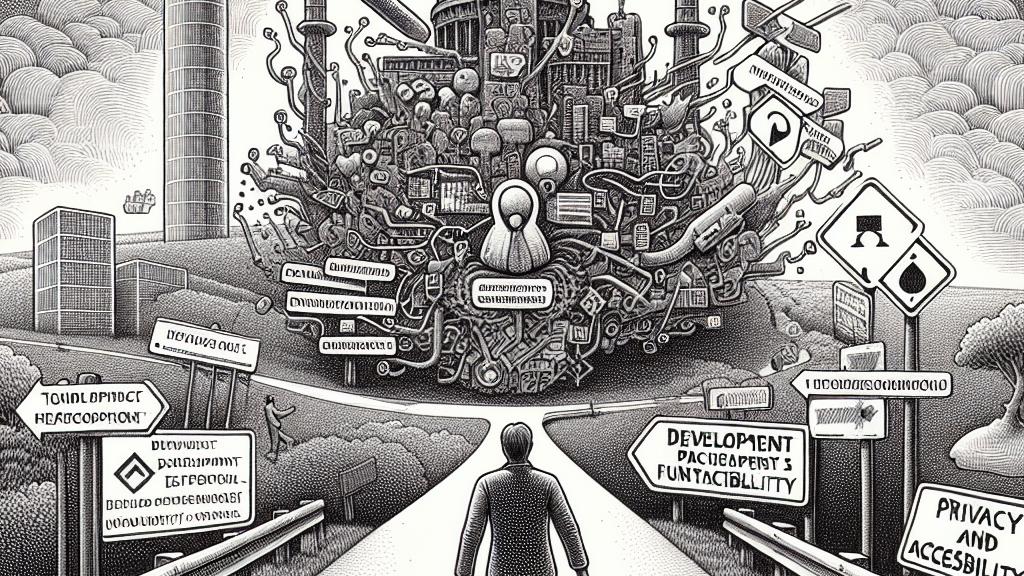Engineer Exits WordPress Development Citing Cult-like Environment Around Automattic
Overview
- Chris Wiegman, a dedicated WordPress contributor for 14 years, leaves the project behind.
- He claims Automattic has fostered a toxic, cult-like culture that suppresses meaningful contributions.
- Intensifying legal disputes between Automattic and WP Engine have shaken community trust to its core.

Wiegman's Painful Departure
In a striking turn of events, Chris Wiegman, a celebrated developer who dedicated over 14 years to WordPress, made the difficult decision to part ways with the project. This departure, rooted in deep frustration, stemmed from his growing disillusionment with Automattic, the powerhouse behind WordPress, located in the United States. Despite his unwavering commitment and numerous contributions aimed at enhancing platform functionalities, Wiegman found himself increasingly at odds with the company's direction. He expressed disappointment that crucial initiatives regarding privacy and accessibility were sidelined—not due to a lack of merit, but simply because they clashed with Matt Mullenweg's vision. Ultimately, it was the realization that his hard work was undervalued that led him to conclude it was time to walk away from a community he once cherished.
Cult-like Environment at Automattic
Wiegman's allegations against Automattic suggest a deeply concerning workplace culture that resembles a cult, where dissent is not just discouraged but often punished. He vividly described how well-meaning contributions, intended to improve user experience, were not only rejected, but the individuals proposing them faced hostility and ostracization. For instance, Wiegman recounted moments where outspoken advocates for change were gradually pushed to the margins, their voices silenced in favor of a single narrative promoted by the leadership. This oppressive environment ultimately alienated many, instilling feelings of regret as Wiegman reflected on his extended stay amid these toxic dynamics. He now recognizes that leaving earlier would have spared him—and his friends—much distress, as they faced unwarranted repercussions for merely trying to promote dialogue.
The Intensifying Automattic and WP Engine Feud
The ongoing legal skirmish between Automattic and WP Engine has developed into a high-stakes battle, captivating the attention of the entire WordPress community. The controversy ignited when Mullenweg publicly branded WP Engine a 'cancer to WordPress,' raising eyebrows and sparking fierce debate. In retaliation, WP Engine issued cease-and-desist orders, staunchly defending its contributions to the ecosystem against claims of exploitation. This conflict has highlighted broader concerns regarding trademark rights and community integrity, triggering unease among developers and users alike. Wiegman, although disheartened by the discord, maintains a thread of optimism, suggesting that transformative changes could rekindle his interest. When appropriate governance structures are established, fostering a truly collaborative environment, he might once again engage with WordPress. His steadfast belief in openness and community-led innovation remains an inspiring beacon for many still involved in the WordPress ecosystem.

Loading...